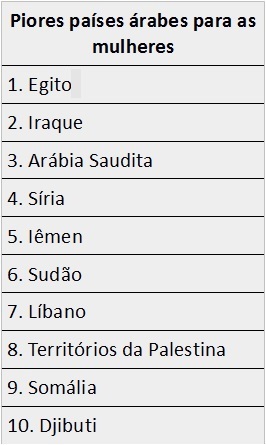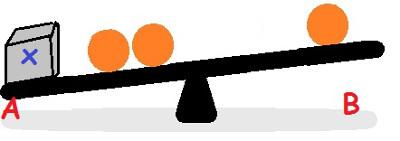In 1945, the fall of Getúlio Vargas was followed by the restructuring of the democratic regime in Brazil. That same year, Brazilian citizens returned to the polls to choose their next president. However, the great social and economic transformations experienced in Latin America, from the 1930s onwards, brought to light a diversity of political movements and ideologies that caused greater tensions in the political scenario Brazilian.
Nationalism, communist parties, liberal groups made the national political game a delicate web of interests and alliances. At the same time, the processes of industrialization and urbanization made the centers of dispute for power leave the hands of the old and conservative agrarian elites and "split" among liberal professionals, workers, military, civil servants public... However, this plurality of groups and ideologies lived alongside sweeping political leaderships.
It was at this moment that some politicians sought the support of different sectors of a society in the middle of the modernization process. Charisma, melodramatic speeches and the use of massive propaganda produced icons of politics that, even today, inspire the habits and behavior of political leaders. Scholars at that time defined this historical period as the peak of populism in Brazil.
From a theoretical point of view, the populist ruler based his discourse on social inclusion projects that, in his appearance, legitimized the belief in the construction of a promising nation. Defining its allies as essential to national progress, populism welcomed values and ideas that placed the “great leader” as the spokesperson for the masses. His actions no longer demonstrated his individual nature, but transformed him into a “man of progress”, “defender of the nation” or “representative of the people”. The image of the individual who disappeared in favor of collective causes was built.
The first populist leader to have great prominence in Brazil was Getúlio Vargas (1930 – 1945 / 1951 – 1954) who, through broad alliances and control of the media, it became a great unanimity politics. His nationalist speech and concentration of political powers offered him a long presidential career. As an example of the plurality of ideas of that period, we can note that Vargas managed, at the same time, to be considered the “father of the poor” and the “mother of the rich”.
These slogans clearly expressed how popular appeal became an indispensable tool for building a promising political career. Jânio Quadros (1961), during his presidential campaign, hugged strangers and ate with his voters. Arriving in power, he elected the broom as a symbol of a government that would “sweep” the country's corruption. His official measures caused a lot of controversy. Moralist, Jânio Quadros banned cock fights and the use of bikini in fashion shows. In resigning, he claimed the presence of “terrible forces” that threatened his tenure.
Another famous populist government was that of Juscelino Kubitschek (1956 – 1961). Promising “fifty years of progress in five years of government”, JK was famed for building a modern country. Opening doors to foreign multinational industries, it raised the standard of consumption and comfort of urban populations with the introduction of household appliances and the first cars popular. In addition, the bold and costly project to build the new capital, Brasília, made entrepreneurship the main feature of his administration.
Even giving the idea that populist leaders were “irresistible”, we cannot fail to say that certain political groups also strongly opposed these national leaders. The Brazilian population growth and the opening of new challenges coexisted with the polarization of international politics, which divided the nations of the world between capitalism and communism. In this way, ultra-conservative groups and sectors of the left found themselves at distant points in the conciliatory scenario of the Brazilian populist phenomenon.
“Communes” and “reactions” were representatives of a political tension that, in that same period, put democracy in check. The rise of the Cuban Revolution in 1959 brought fear and hope to different groups in our society. At the same time, military groups instituted the urgency of a political intervention that would impede the formation of a socialist government in Brazil. We lived in an economy that knew very well how to promote prosperity and increase misery.
It was at this moment that, during the government of João Goulart (1961 – 1964), pro and anti-revolutionary movements erupted in the country. The urgency of social reforms lived in conflict with the interests of international capital. In a tense scenario, surrounded by contradictions, the military came to power by establishing a fiercely centralizing government. In 1964, the rule of law lost strength without even confirming that we are, in fact, living a democracy.
By Rainer Sousa
Master in History
Source: Brazil School - https://brasilescola.uol.com.br/historiab/o-regime-liberal-populista.htm


